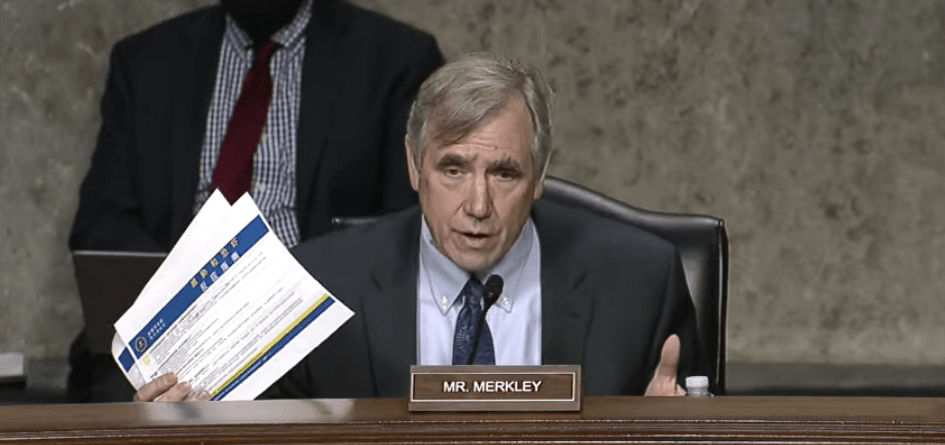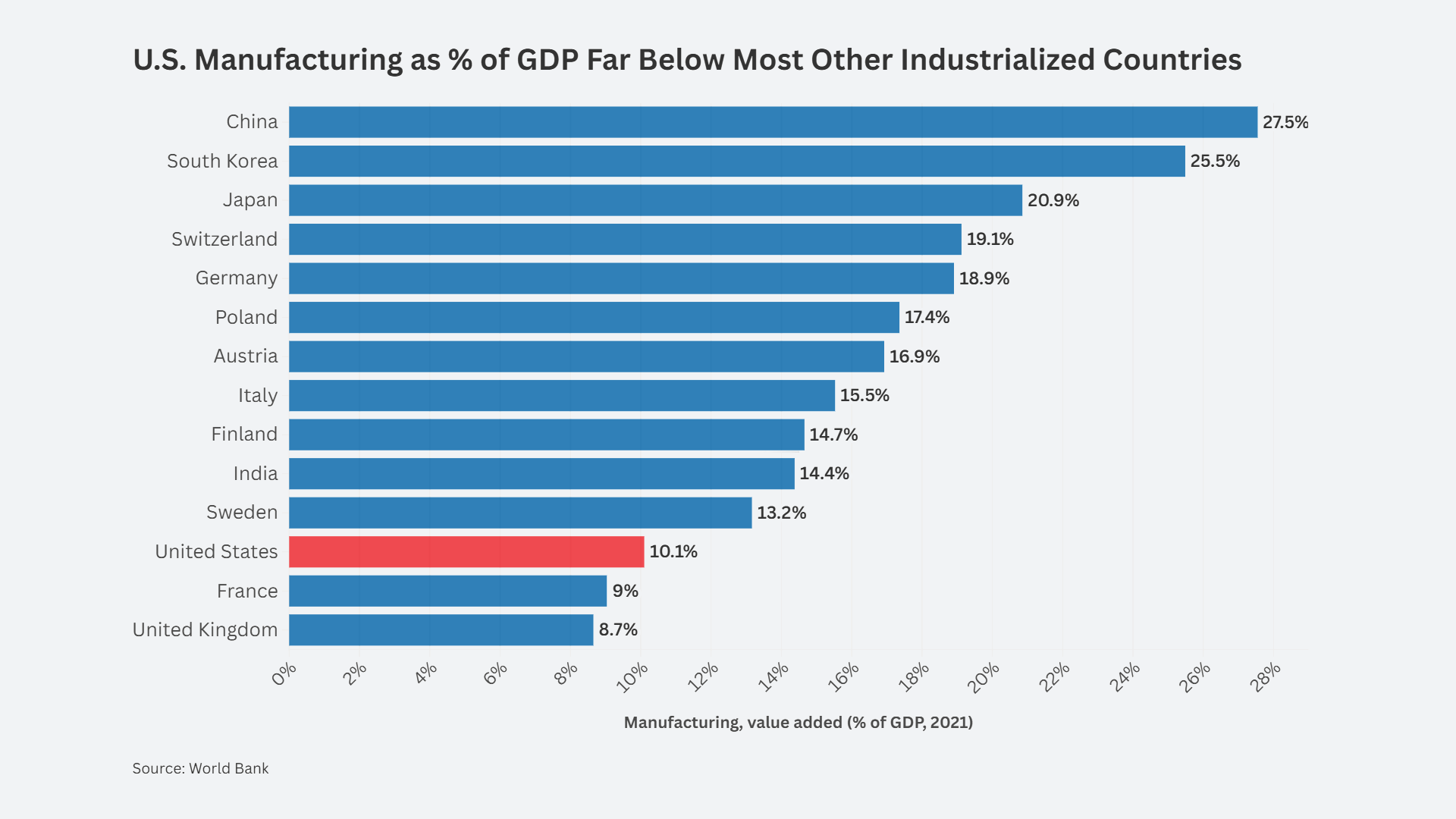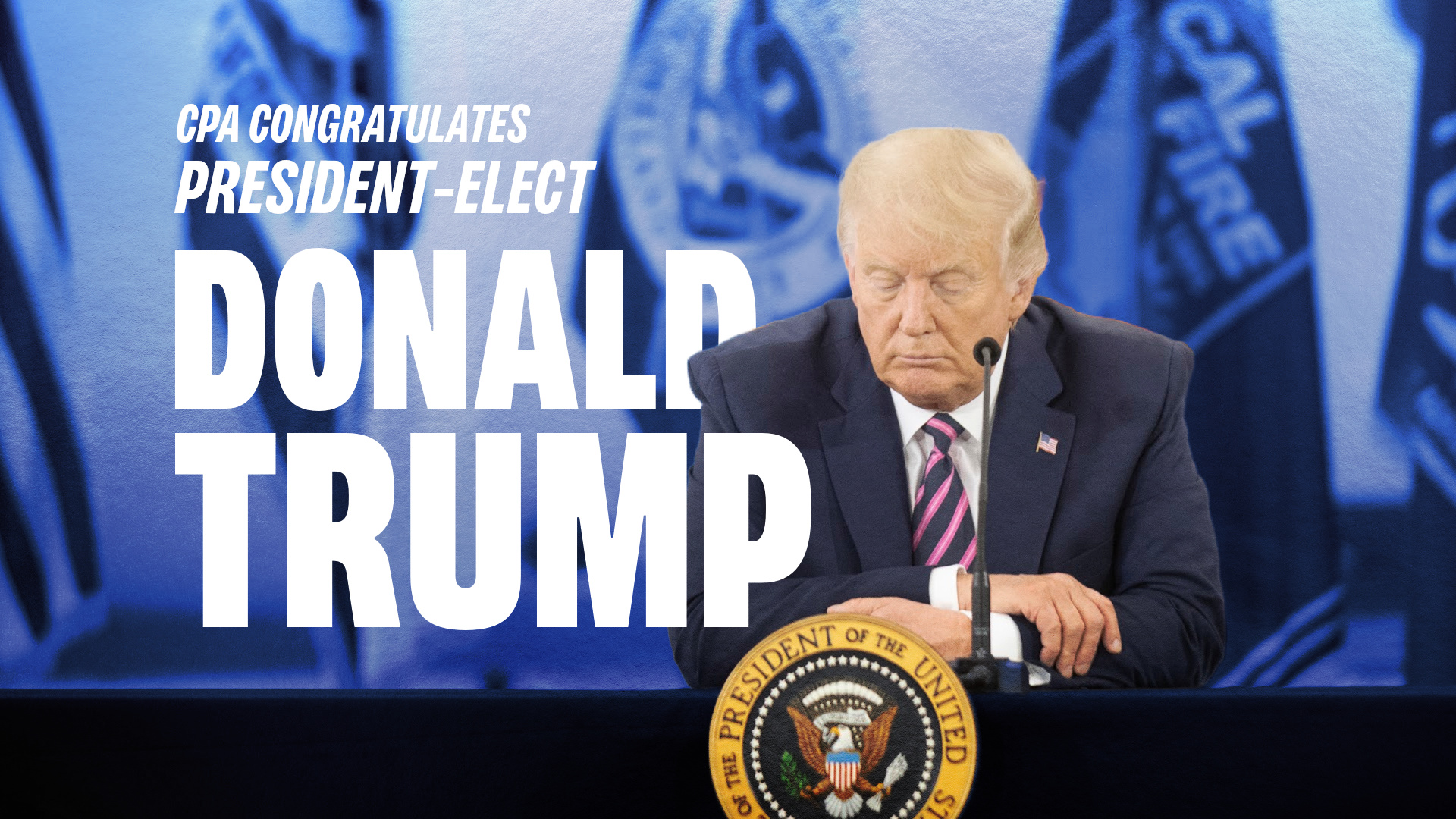China remains a hot topic in Washington with at least two commissions set up to discuss the country on a regular basis. This week, the Congressional-Executive Commission on China (CECC) heard from a State and Homeland Security department official on China’s extra-judicial activities abroad. This means China spying on the Chinese diaspora in the United States, including what some in Congress referred to as professional-looking hit jobs against a Chinese lawyer in Flushing, New York who was one of the original Tiananmen Square activists.
While the entirety of the June 15 hearing titled “The Threat of Transnational Repression from China and the U.S. Response” focused on these activities abroad – two things stood out. The U.S. is weak to stop it, and on issues brought up by the Freedom House think tank, export controls to stop or slow the technological support of China’s military-civil fusion (MCF) look better on paper than in practice.
Stopping the long arm of China’s law into the United States, among other things brought up in the hearing, “requires decisive action across the administration and Congress,” Senator Jeff Merkley (D-OR), Commission chairman, said in his opening remarks.
Congressman Christopher Smith (D-NJ-4) gave an example of China’s presence in the U.S. He mentioned a sculpture by a Chinese artist depicting a sculpted image of Xi Jinping, his face divided down the middle to reveal a skull. Sticking out of Xi’s head were the red spike proteins of the SARS virus. The artist named the sculpture “The China Virus.” A month after it was put on open air display in California, it was burned to the ground. Five men were later arrested and were found to be on orders to take it down from China.
Smith named at least three other Chinese dissidents who were targeted in similar ways for embarrassing the CCP.
Chairman Merkley mentioned a new Freedom House report titled “Defending Democracy in Exile: Understanding and Responding to Transnational Repression” which was held up as being thematic to Wednesday’s hearing.
One thing stood out in that report, however:
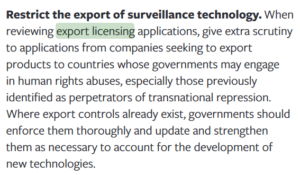
The U.S. uses export controls against China. The Commerce Department’s BIS Entity List is teeming with Chinese names, almost all of them major tech players like Huawei. Companies here have to get permission to sell Huawei and others computer hardware or software via an export license.
From previous hearings on this very subject, it is clear that well over 75% of those licenses are granted.
On one hand, U.S. commercial interests are declaring that their China partners are innocent. Huawei is just making cell phones. Another Chinese company just needs a hard drive for consumer laptops. While on the other hand, Washington is loaded with the tough talk of not funding and equipping China’s surveillance state – where ethnic minorities in Xinjiang are on 24-hour surveillance- and much worse – under China’s so-called “war on terrorism”. Let alone the use of facial recognition technologies to monitor Chinese people everywhere in some sort of real-life version of the film Minority Report.
Uzra Zeya, Under Secretary for Civilian Security, Democracy and Human Rights, U.S. Department of State said the U.S. was “working with allies” to combat China’s human rights abuses at home and abroad. [Testimony]
“In coordination with the Commerce Department and with the support of Canada, France, the Netherlands, and the United Kingdom, we partnered with Australia, Norway and Denmark to launch the Export Controls and Human Rights Initiative, which seeks to stem the tide of China and other authoritarian governments’ misuse of technology,” she said, though it is unclear if this is having much of an impact.
“Through the US-EU Trade and Technology Council, we are working with our European partners on developing common standards that will address the misuse of technology that threatens human rights and facilitates transnational repression,” Zeya said.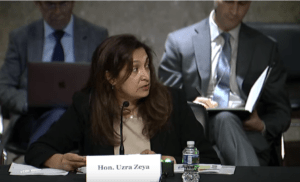
The Uyghur Forced Labor Prevention Act and the Hong Kong Human Rights and Democracy Act, among many other new laws were designed to give the U.S. the tools to confront China’s human rights abuses, Zeya noted. The Uyghur law goes into effect this month.
“Working with allies” was the mantra of the day.
Senator Steve Daines (R-MT): “We have to work with our allies to counter China’s growing economic coercion and influence as well as its efforts to export its surveillance state abroad, which includes harassing Uyghurs and dissidents who no longer reside in China. They seek to influence the actions of academic journals, and other influencers, related to China. What is being done to help the private sector to withstand such pressures?”
Zeya: “Working with allies and partners is absolutely essential here. We are working with foreign governments to expose China’s tactics through our Global Engagement Centers and…we are working to puncture CCP narratives that shed an antiseptic light on the propaganda pushed forward by the CCP.”
There were really no hard and fast answers.
Wednesday’s hearing was more academic in scope, and short on presenting solutions. Even the basic aspect of using the Entity List to Commerce’s advantage was barely brought up by Commission members.
Rep. Smith called out U.S. tech companies.
“Back in February 2006, I chaired one of the longest hearings I’ve ever chaired, about 8 hours…we had Google, Microsoft, Yahoo and Cisco testify; I swore them. They were aiding and abetting the CCP on surveillance tech and on censorship because information that Yahoo had was turned over to secret police when they were requested to do so. I don’t think those companies have joined the democracy side on this. They desperately want access to markets, so they mute their words and actions. The most disappointing part of that hearing was that the top people at those companies said they were just following orders. – Rep. Christopher Smith (D-NJ), member of the Congressional-Executive Commission on China, June 15, 2022.
Another Commissioner and New Jersey Congressman Tom Malinowksi (D-NJ-7) asked if the U.S. should just prohibit American companies from complying with censorship requests made by China.
“In terms of prohibition, I am not in a position to pronounce on that point,” Zeya said. “We regularly engage with U.S. companies and point out quite clearly where they should not be part of China’s repressive efforts inside, and certainly outside, of China within our borders.”
Malinowksi said we need “preemptive standards” that companies can sign on to, though even this was not about export controls and more about China’s influence on both the censorship side of things, and in physical attacks against Chinese dissidents abroad, many of whom cannot return to China and risk getting family members there in trouble. Though to be sure – policymakers are beginning to take steps to be sure the U.S. is not enabling China’s influence operations abroad.



